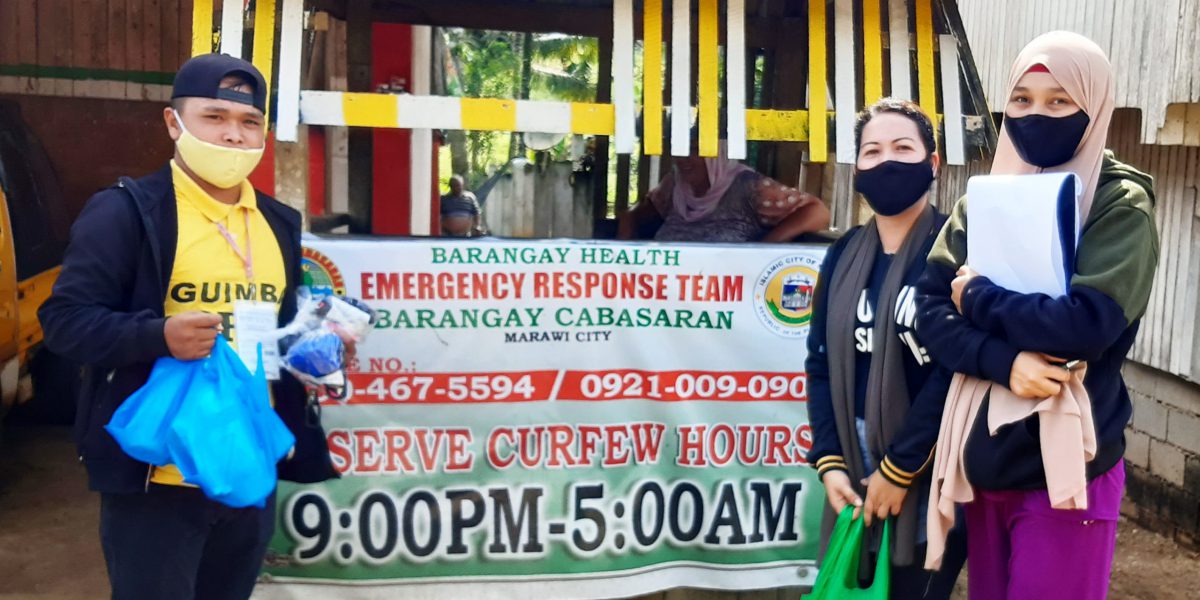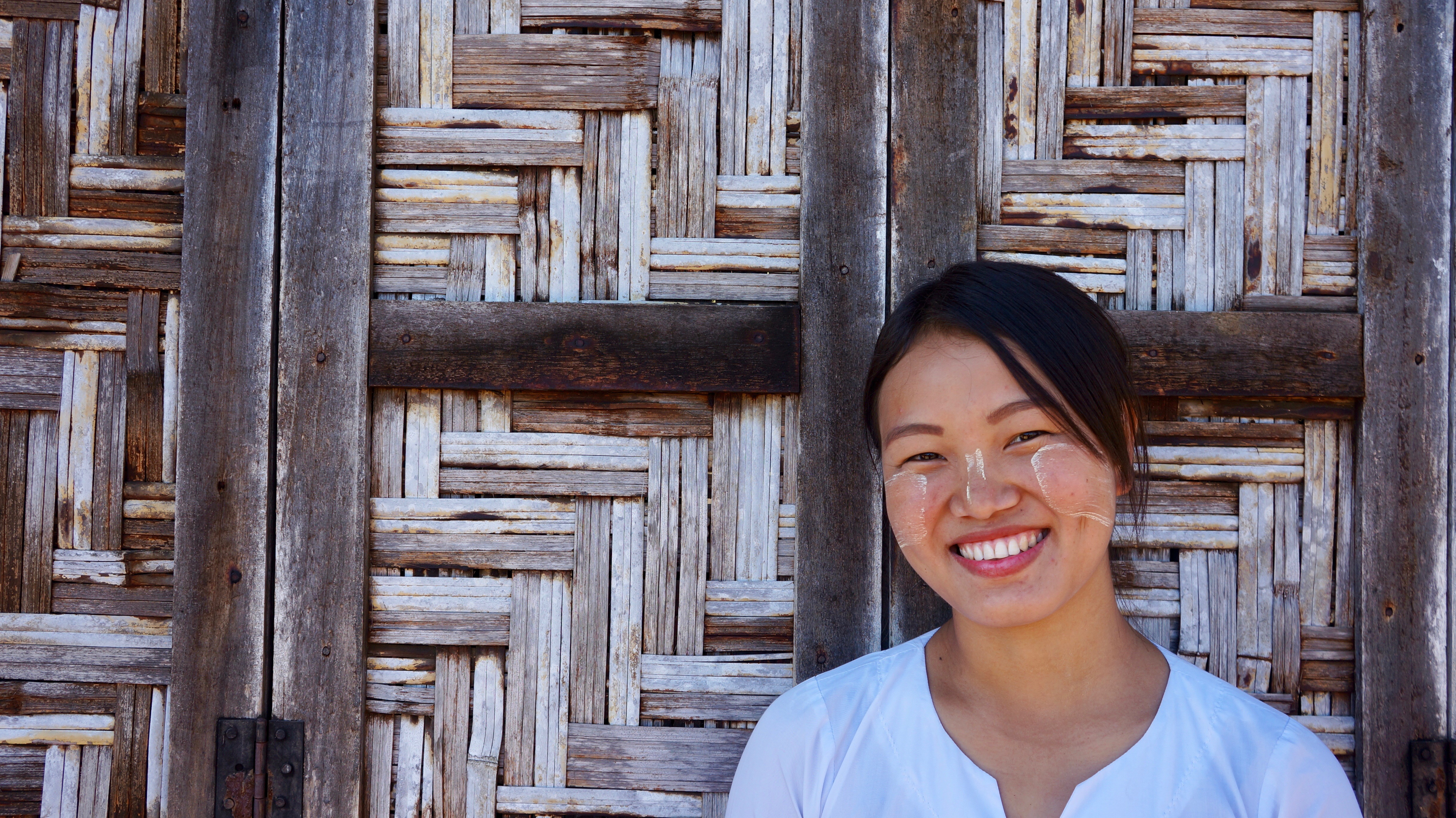Philippines: COVID-19 Response for IDP communities in Marawi City
27 July 2024|JRS Philippines

The Philippines has the second highest number of people with confirmed COVID-19 cases in Southeast Asia at 13,777 (WHO). The delay in securing international borders from tourists, lack of facilities for COVID-19 testing and treatment, and incentives for healthcare workers and other frontliners have overwhelmed the healthcare system. Unclear guidelines on the Enhanced Community Quarantine (ECQ) procedures abruptly called for the public to stay at home, without regard to its impact on the most vulnerable who by now have lost their source of income and their ability to procure basic necessities.
Since the onset of the ECQ for COVID-19 at the national level, the IDPs residing in Marawi reported the lack of basic items that they need to survive the lockdown. From March 2020, the ECQ measures were enforced in Marawi city that limited movements among residents, including economic activities. Due to travel restrictions, control of movement, and curfews, the income of IDP and returnee farmers, daily wage earners and small enterprise owners had been affected, and with the limited assistance from government, it had been difficult to sustain their needs. The restrictions were also observed between boundaries connecting Marawi city, cutting off some basic supplies that come from other nearby cities such as Iligan and Cagayan de Oro city.
Based on the assessment done through the community leaders, the needed items comprise food packs, hygiene kits, and personal protective equipment (PPE). JRS has taken all these concerns into consideration and plans to provide them the basic materials for their protection in order to prevent them from becoming more vulnerable to pandemic and further into poverty.
As of June 2020, the provision of cash assistance for the purchase of food relief, hygiene kits, Personal Protection Equipment (PPE) have been delivered to 2,293 individuals (Male = 1,348, Female = 945) Muslim and Christian returnee IDPs and IDP communities in barangays (villages) Guimba, Kormatan Matampay, and Datu Saber as areas hosting “ground zero” IDPs that have been left behind by the rehabilitation efforts in Marawi city.
____________________________________
Marawi is the capital of the Philippines’ poorest province, Lanao del Sur (2019 Poverty Index). It is part of the autonomous Muslim region in Mindanao (southern Philippines) under a newly formed government called the Bangsamoro Autonomous Region in Muslim Mindanao (BARMM) installed in early 2019. The armed confrontation between government forces and pro-ISIS militants in 2017 has forcibly displaced 98 percent of the total population of the city, as well as residents from nearby municipalities, who were compelled to leave due to severe food shortage and/or constriction of local economies.



